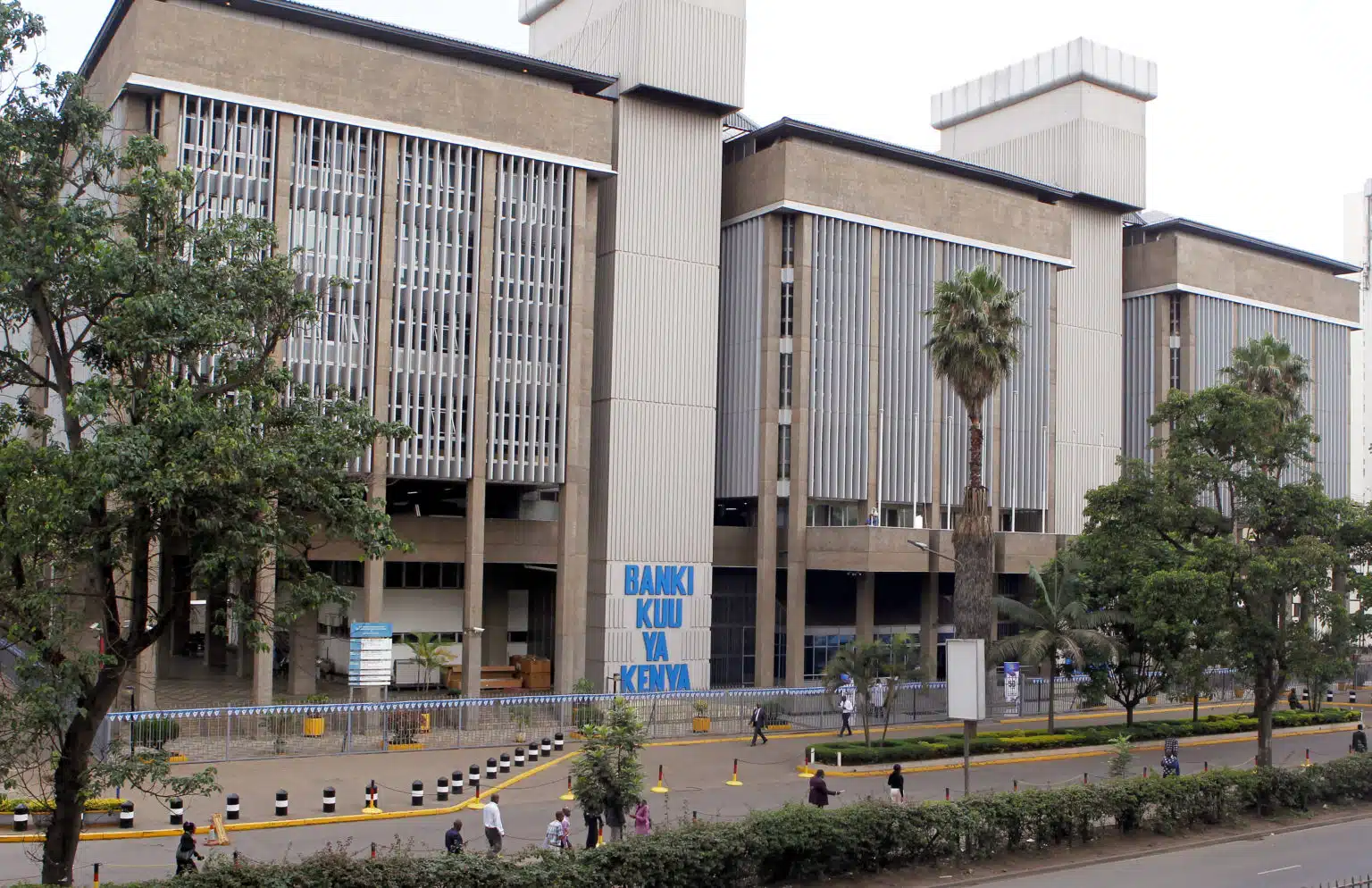The Central Bank of Kenya (CBK) has given 24 banks until April 1, 2025, to submit board-approved capital build-up plans as the sector braces for a major shake-up.
The move comes as banks prepare to meet a new minimum core capital requirement of $77.7 million by 2029.
CBK Governor Kamau Thugge defended the directive on Tuesday, citing the need for stronger capital buffers to mitigate growing financial risks.
“The banking sector is facing too many risks, and it needs to have a strong capital base to address and mitigate those risks. The transition plan spans five years, from 2025 to 2029, during which banks will gradually increase their core capital to KSh10 billion ($77.7 million),” Thugge said.
As of December 2024, 24 out of 38 commercial banks had core capital below the threshold.
These banks must submit detailed plans outlining how they will meet the requirement, including key milestones and funding strategies, the governor warned.
New law sparks fears of bank failure
The capital requirement was introduced in December 2024 through the Business Laws (Amendment) Act, which mandated a phased increase in core capital over five years from .
The law, aimed at strengthening Kenya’s financial sector, was seen as a necessary step to cushion banks against credit losses and cyber threats.
However, the announcement sparked fears of bank failures, especially among smaller institutions struggling to raise capital.
Some industry players warned that the rapid increase in capital requirements could force weaker banks out of business, triggering financial instability.
CBK, however, dismissed concerns of an industry-wide collapse, arguing that the rule would instead lead to mergers and stronger institutions.
“We hope that there will be mergers, and in our view, having stronger banks with a robust capital base will enable them to withstand many other risks, including cybersecurity,” Thugge said.
Rating agencies back capital ceiling hike
Similarly, Fitch had earlier in the year predicted that the tenfold increase in core capital will accelerate mergers and acquisitions in Kenya’s fragmented banking sector.
“Larger banks already meet the new requirement, but we expect significant capital strengthening and M&A at the weaker end of the sector, which has typically much poorer financial performance,” the global credit rating agency noted in a February 2025 report.
Moody’s also described the move as credit-positive, arguing that it could improve competition among bigger banks and lead to better loan and deposit pricing for customers.
Ecobank moves first as others stay silent
So far, only Ecobank Kenya has publicly disclosed efforts to meet the capital requirement. The bank has reinforced its capital base with a $27 million injection, bringing its total core capital to $65.7 million.
The announcement, made on Sunday, positions Ecobank as the first to respond to the apex bank’s directive.
With the April deadline approaching, the industry is waiting to see how other banks will respond—whether through mergers, fresh capital injections, or strategic partnerships—to navigate the new regulatory landscape.









